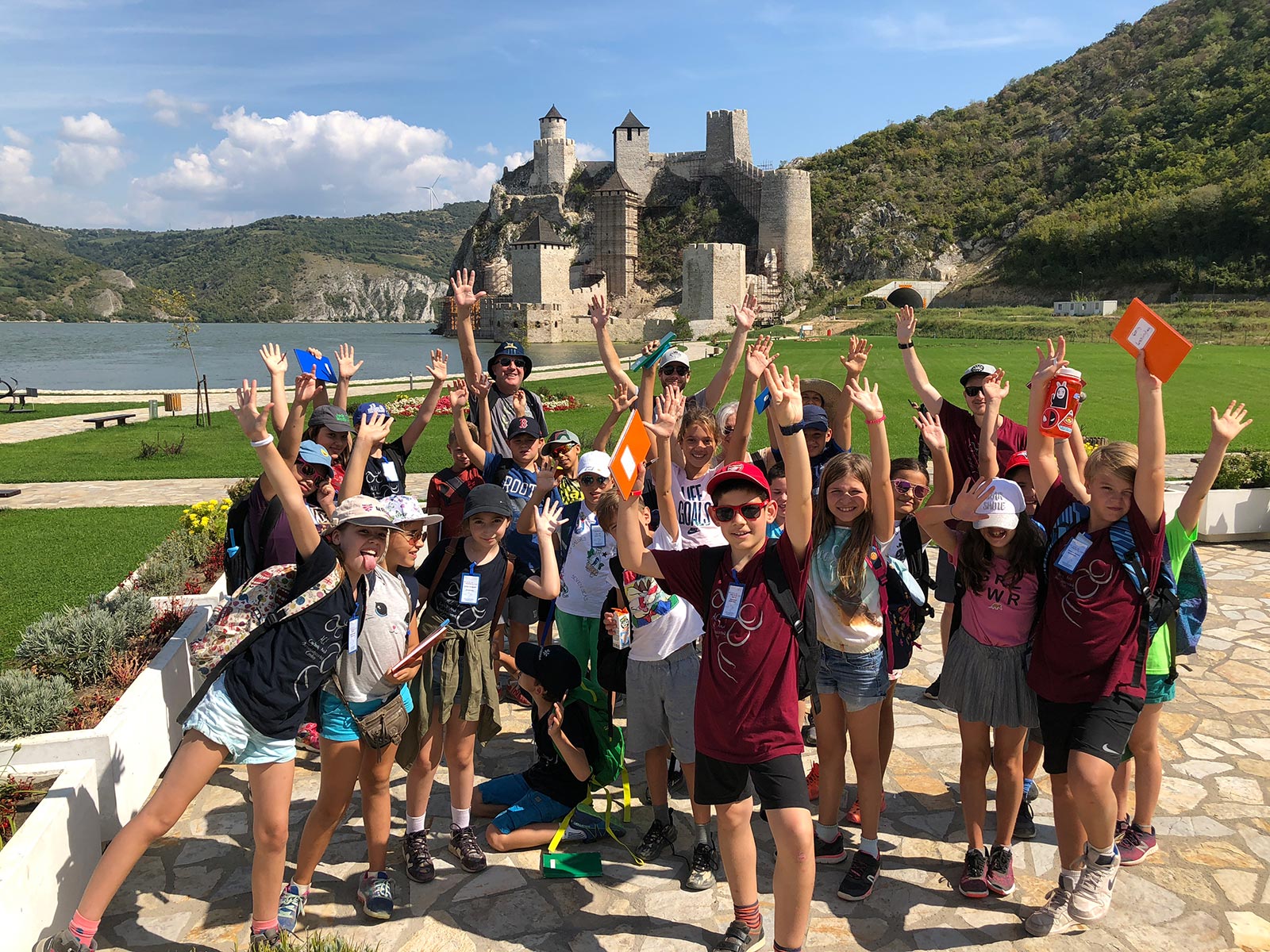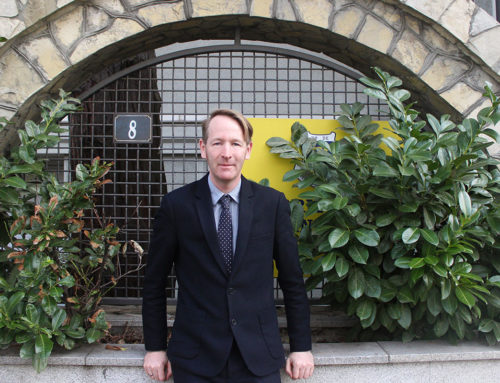It’s good to learn from mistakes
After a successful long-term career as a teacher and principal in New Zealand and international schools, Mr. Warren Bowers has recently come to Belgrade to become the ISB Lower School Principal. In an interview with BelGuest, he explains the importance of inquiry-based education and the role of educators in guiding children’s learning.
With twenty years of experience in the education systems in New Zealand, Indonesia and Vietnam, could you point out the specific approach to education in these cultures that may have an influence on primary education at ISB?
In New Zealand, I worked in the state system and since 2003 I have been working in international schools. The common thread that goes through almost all the schools that I have worked in, regardless of the country, is the focus on students and their learning, with children learning according to their level of development. Having expected benchmarks is important but we must always see the individuals in a class, especially those who are working above or below expectations. It means that we celebrate the different skills and talents individuals bring to our school community.
You have devoted your entire career to inquiry-based education. Could you explain what it means in terms of the school curriculum?
Inquiry-based learning makes sense to me because it is tuning in to students’ interest. Within a structured framework, students are able to research into areas that interest them. For example, if the class are learning about how migration changes communities, one child might choose to focus on modern-day migration patterns and another might be more interested in history. They are learning the same research skills, writing skills and presentation skills but are researching different aspects of the same topic. It makes learning more interesting for the child because they have a choice in what they’re learning about.
Beside digital technologies, what kinds of knowledge and skills are important to the new generation of your students?
Students nowadays have immediate access to information at their fingertips and can find facts with the push of a button. Our job as educators is to show them what to do with that knowledge. We need to provide opportunities to work in groups with effective communication skills and to solve problems independently using creativity and critical thinking skills. Creating environments where students can try things out and make mistakes as part of their learning process is vital. We need to teach our students to be resilient and flexible when things do not work out the way they want them to and to help them manage disappointment. Being open-minded and being able to see things from different perspectives is becoming more and more important in our swiftly changing world.
As the new Principal of the ISB Lower School, what do you expect your major challenge will be?
A major challenge for any new school leader is to become familiar with the school community and culture. ISB has been a leading international school in Belgrade since 1948 and has seen an enormous amount of change over those 70 years. Knowing the school history and understanding how the school has developed will help me make decisions for future development. Every school has a distinct feel to it and I’m enjoying getting to know the ISB community.
Have you had time to get to know Belgrade and Serbia? What are your first impressions?
I have been here for three months now and every day I am grateful to be living in such an interesting, beautiful city. I have enjoyed getting to know the various eating places around the city and am experiencing the live music scene. I’ve also enjoyed exploring the markets and getting a feel for the unique buzz of Belgrade. The locals have been extremely welcoming. I have not had a chance to explore a lot of Serbia yet but am looking forward to exploring this country I now call home.
BelGuest
Photo:ISB









Social Network